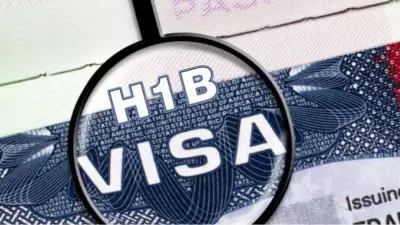
In a significant move to combat the growing menace of spam messages, WhatsApp has rolled out new restrictions that limit how many times users can message unknown contacts. This development marks a crucial step in Meta's ongoing battle against unsolicited communications on its popular messaging platform.
What's Changing for Indian WhatsApp Users?
The new policy introduces strict caps on messaging unknown numbers. Users will now encounter restrictions when attempting to send messages to contacts not saved in their address book. This measure specifically targets bulk messaging and spam campaigns that have been plaguing Indian users.
Why This Matters for Businesses
For businesses relying on WhatsApp Business API, this update brings both challenges and opportunities. While legitimate businesses might face initial hurdles in reaching new customers, the reduced spam will create a cleaner communication environment. Companies will need to focus more on opt-in marketing strategies rather than unsolicited outreach.
Key Benefits for Regular Users
- Reduced spam and promotional messages
- Better protection against phishing attempts
- Cleaner chat interface with fewer unwanted contacts
- Enhanced privacy and security
How WhatsApp is Balancing User Experience and Business Needs
The platform is walking a fine line between protecting user privacy and supporting legitimate business communication. WhatsApp's official channels and verified business accounts will continue to function normally, ensuring that important transactional messages reach users without interruption.
The Bigger Picture: Meta's Anti-Spam Strategy
This update is part of Meta's broader initiative to make WhatsApp more secure and user-friendly. Recent months have seen multiple enhancements to the platform's security features, including better reporting tools and more sophisticated spam detection algorithms.
Indian users, who form one of WhatsApp's largest markets, have been particularly vocal about the spam problem. The new restrictions reflect the company's responsiveness to user feedback while maintaining the platform's utility for genuine communication.





